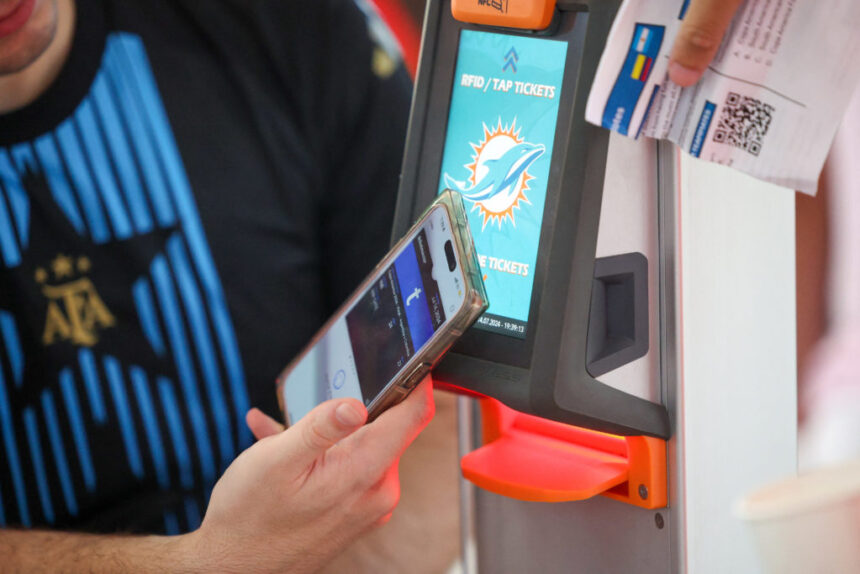The Federal Trade Commission (FTC), along with a bipartisan group of state attorneys general, has initiated a lawsuit against Ticketmaster and its parent company, Live Nation, alleging a range of deceptive practices that force consumers to pay inflated prices for live events. The FTC claims that the company misleads both artists and consumers by advertising lower ticket prices while consumers face higher charges during the purchasing process.
Key allegations assert that Ticketmaster falsely advertises strict limits on ticket purchases for events, which the FTC states are not enforced in reality. Instead, the commission alleges that Ticketmaster colludes with ticket brokers who circumvent these limits. The brokers reportedly utilize fake accounts to acquire large quantities of tickets, which they then resell at inflated prices on Ticketmaster’s own platform, allowing Ticketmaster to collect additional fees from these sales.
The FTC’s report notes that Ticketmaster commands more than 80% of the primary ticketing market for major U.S. concert venues. Between 2019 and 2024, consumers are estimated to have spent over $82.6 billion on tickets purchased through Ticketmaster. In light of this, FTC Chairman Andrew Ferguson emphasized the need for accessible live entertainment, stating that attending a concert or a game should not be financially prohibitive for families.
The lawsuit has been filed in the U.S. District Court for the Central District of California and is supported by state attorneys general from Colorado, Florida, Illinois, Nebraska, Tennessee, Utah, and Virginia. Ticketmaster has faced increased scrutiny since its high-profile mishap during the ticket sales for Taylor Swift’s Eras Tour in 2022, when the website was overwhelmed, leading to widespread consumer frustration and legislative inquiry.
In response to industry concerns, the Biden administration has taken steps to curb unfair practices, including a ban on “junk fees,” which mandates that Ticketmaster display the total price of tickets early in the buying process. This rule became effective in May.
Former President Donald Trump has also expressed discontent with the ticketing industry, signing an executive order in March aimed at ensuring that ticket resellers comply with IRS regulations and directing the FTC to enforce actions against deceptive practices in the secondary market.
In a related case, the FTC recently sued a Maryland-based ticket broker, Key Investment Group, accusing it of using fictitious accounts to manipulate ticket sales, including for Taylor Swift’s tour.
The ongoing lawsuit reflects broader concerns about transparency and fairness in ticket sales and the ticketing process, as consumers continue to demand reliable access to live events without exorbitant costs.







